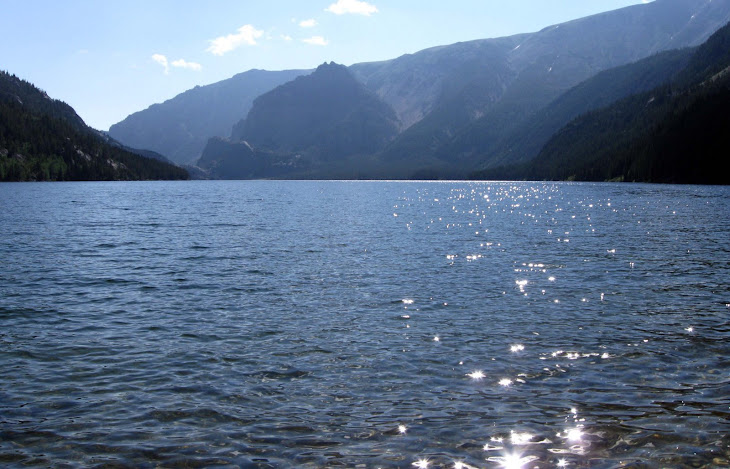So often I end up writing statements in grants such as "My research will cure (insert favorite cause here)." And I always feel a little weird about it. Because it certainly could be true, however much more likely is that my research will have little immediate effect. This is because I do basic research.
This article in Infection and Immunity really said it well. It is by Fang and Casadevall, accepted ahead of print. I know not everyone will be able to download this directly, but find it if you can, it is an amazing read.
In short, basic research is necessary in and of itself. We cannot predict the effect of a discovery. How would we have known that studying telomeres could lead to an understanding of aging, for example? So, when you hear politicians talk about "pork barrel spending" and "ridiculous research" that they get from a title of a grant, think about my favorite quote from their paper:
"We didn’t know at the time that there were any particular disease implications. We were just interested in the fundamental questions. . . (this) is really a tribute to curiosity-driven basic science"
--Nobel Laureate Carol Greider
A ton to be thankful for -- here is one part of that - all the
acknowledgement sections from my scholarly papers
-
So - it is another Thanksgiving Day and in addition to thinking about
family, and football, and Alice's Restaurant, I also think a lot about all
the peop...
5 weeks ago

1 comment:
There are about three kinds of scientists - the consolidator, the technical expert, and the artist. Consolidators accumulate and solidify advances and are deeply skeptical of ill formed and initial, hesitant steps. That can have a great value at stages in a scientific cycle when rigorous efforts to establish the strength and value of an idea is central. Technical experts assess the methods of investigation. Both assume they search for the certainty of understanding.
In contrast, I love the initial hesitant steps of the "artist scientist" and like to see clusters of them. That is the kind of thing needed at the beginning of a cycle of scientific enquiry or even just before that. Such nascent, partially stumbling ideas, are the largely hidden source for the engine that eventually generates change in science. I love the nascent ideas, the sudden explosion of a new idea, the connections of the new idea with others. I love the development and testing of the idea till it gets to the point it is convincing, or is rejected. That needs persistence to the level of stubbornness and I eagerly invest in that persistence. Holling, 2009
Post a Comment